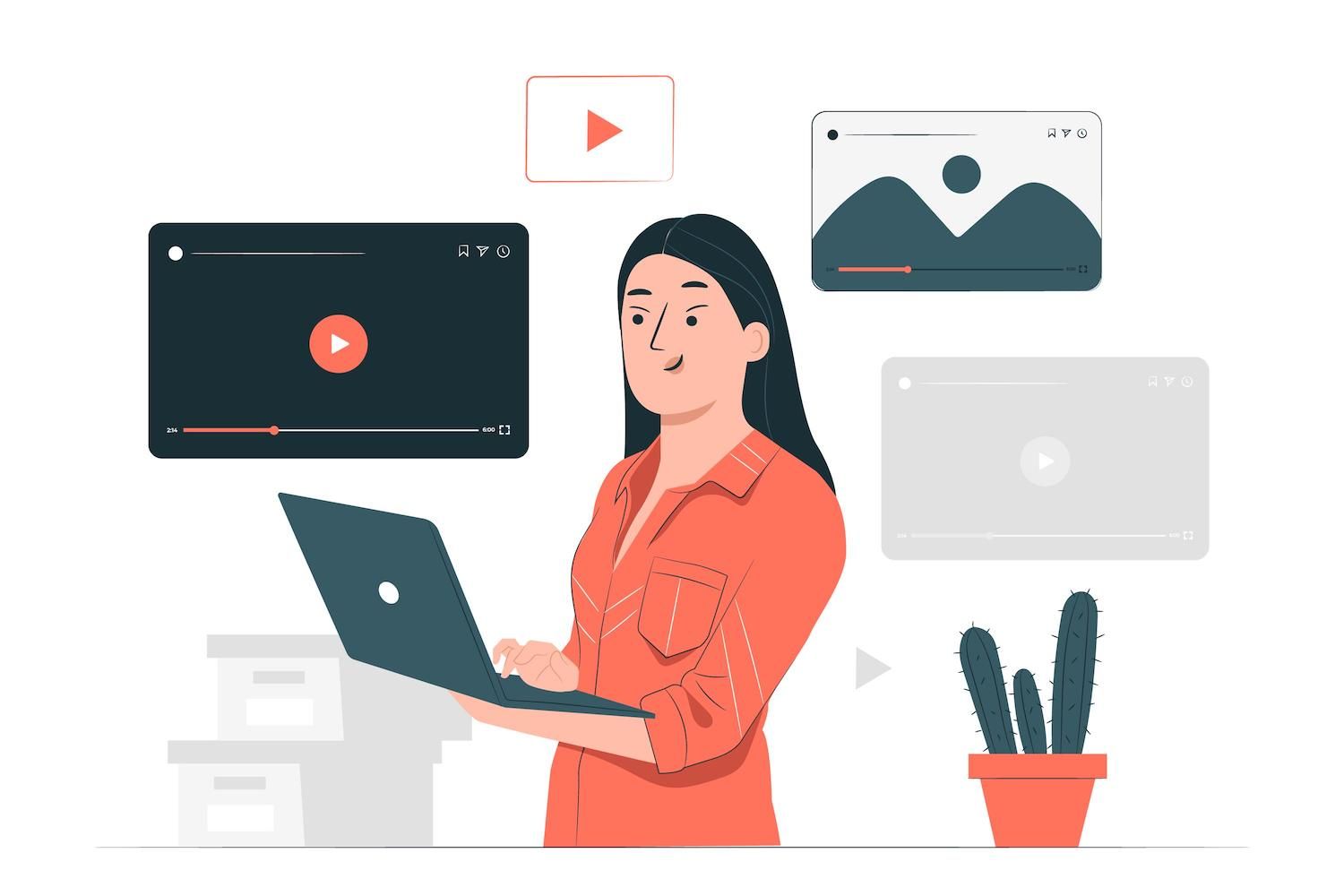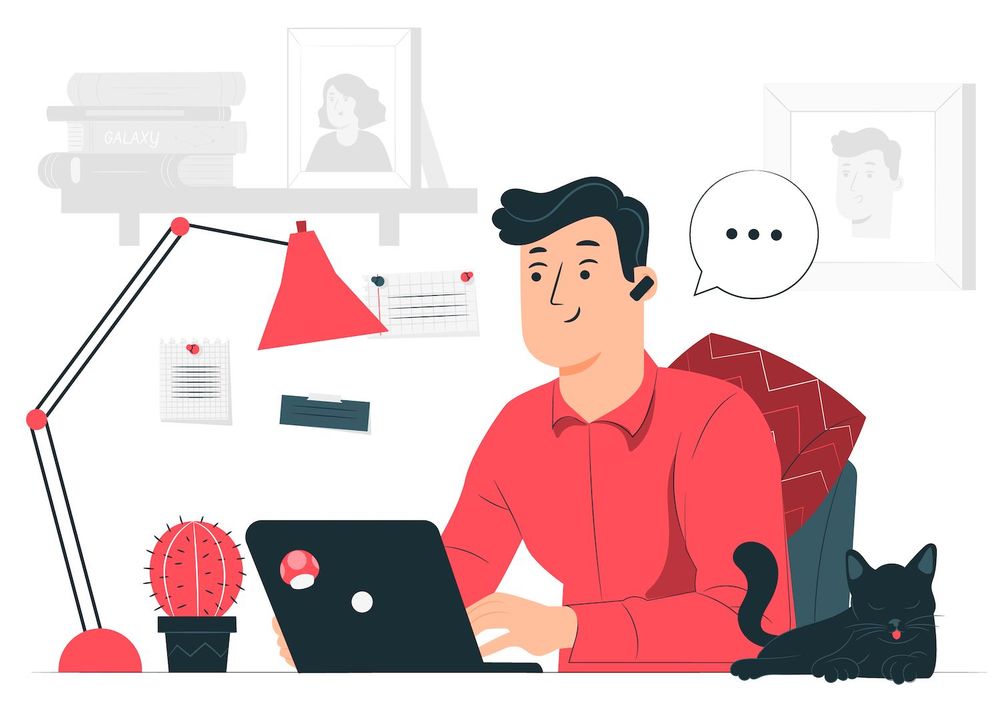Staff Select premiere "Dekalb Elementary" by Reed Van Dyck |
CONTENT ADVICE: The video below has content that can be harmful or cause trauma for certain viewers.
The movie is based on an emergency call from 911 that has been featured on national television in 2013. this week's Staff Pick premiere this week will be "Dekalb Elementary,"" an Oscar-nominated short written by Reed Van Dyck.
The film's production within one room isn't better than this. In less than 20 minutes Van Dyck puts forth an astonishing feat in the area of setting and the pace. Tension is created by the sense of being a confined space as well as a simple and perplexing perception of an ambiguous threat. "I would like to experiment with the things we aren't be able to see," says Van Dyck. "Whether the actor's face or leaving the chaos of screaming children off the screen, but never seen. I was thinking that you, as the viewer will create more fascinating images in your mind than anything I could demonstrate to you." Space's play makes every second even better than the previous one.
With the incredible performances of prominent actor Tarra Riggs, and Bo Mitchell, it's no surprise that Van Dyck said he wouldn't create the film without perfect actors. The film's success is testament to the actors, crew and focus on telling stories with passion. "Dekalb Elementary" feels like a documentary about a real-life incident.
We sat down with director Reed Van Dyck to talk about the motivation behind his film, as well as challenges and how to control the movie.

What inspired you to make your film?
"'DeKalb" is an re-telling of the 911 call which has been featured on television in 2013. The caller hear Antoinette Tuff discuss a teenage man, Michael Hill, who walks into the Atlanta primary school carrying an AK-47 and fifty rounds. I was unaware of the phone call at the time it first made news, but I found the call years later while conducting research for a project that I was working on about the possibility of a mass shooting. I can remember sitting on my couch at home in Los Angeles riveted and emotional as I watched the 14 minute audio recordings play. The following weeks it was difficult for me to get their voices out of my head. Their courage and compassion and his sorrow and despair. It was a touching memory for me. In a profound manner that I was wondering whether I could translate the moment into the world of film. "
HTML0 Do you have any difficulties while creating the film?
"The film is in essence an all-man production. So one of the primary issues was finding the perfect actors for the role. Then I decided that I wouldn't be able to make the film without the perfect casting. It took months of combing IMDb and looking through casting lists of indie films, TV shows along with other TV programs. If I saw someone who seemed to be either of the leads I'd include the name of that person to the list. When the list had grown to 30-40, I'd start reviewing all of the actors in it by looking up the projects they've done in the past (TV performances, films and so on) before slicing it down.
After that, I'd begin all over. This is how I came across Tarra Riggs, as well as Bo Mitchell who play the principal parts. I personally selected every actor who appeared in the movie including those playing supporting roles, using this identical method. I was of the opinion that one false note from any actor could take our attention away from the reality of the situation, and this is why I needed the best actors that I could locate to play every part . "

It's hard to make the right mood when you're dealing something as crucial as this. What worked for you in making this a snarky and edgy environment?
"My main inspiration for making the film was always the 911 phone call. In my initial thoughts about ways to create the film both physically and in terms of sound I came to the conclusion that less is more. The film was an overwhelming response to the message. it's similar to a radio show -- just these two voices. At the end of the day, when I was making the film, I set out to discover the things we can't see... regardless of whether it's an actor's face being blocked or the chaos of kids shouting and running on the screen. Hearing but not being seen.
I was thinking that the viewers will create more intriguing visual images within their minds which I could show you. Furthermore, by offering the film with less information both visually, and in terms of narrative, it's likely that the audience will take a more active interest to the film and add their own personal experience into the film. The goal was to make it more enjoyable to the viewer. . "

The film is extremely controlled and makes it appear as if it was produced within a single day. What was the timeline of production come out like?
"The script consisted of 20 pages long and we took the film for 5 days. I tried to reduce my daily page count at a low level due to precisely the same reason that you speak of. The more time my team and I were working on production the more deliberate and thoughtful we would be about the layout of shots, blocking performances, costumes and production designs. My experience is that more time means more control. It's not just about the long initial manufacturing process . "
What's your favorite tip for aspiring film makers?
"This isn't a real piece of advice. I was born in and lived in a town of a tiny size located in New Jersey called Mahwah. My home town on is unceded Lunaape Tribal land. I've researched the Lunaape to make the documentary I'm making. The one thing that struck me that moved me was their way of interpreting tales. The art of storytelling was thought to be a potent solution for all the people within the group. The Storyteller was an important figure who traveled between clans within the tribe. They shared stories to teach people the ways to lead. Stories played a role in how the people and tribes evolved and changed as time passed.
Personally, I believe this is the reason I like to go to the movies. And in strange times like ours, I crave movies and filmmakers that be honest and honest about the world as well as themselves. I'm in search of stories that inspire me to wake up. Thus, my (selfish) dream or hope for the future film makers is to see them begin this task -- this journeyto explore themselves and their world and share their discoveries . "

What's next? Any upcoming projects?
"I'm working on putting two features together right now. One is an original script of mine. My producer and me have been seeking actors to play on. Based on an original New Yorker piece and we're nearing the stage of signing release, rights and other contracts. . "
This post was posted on here
